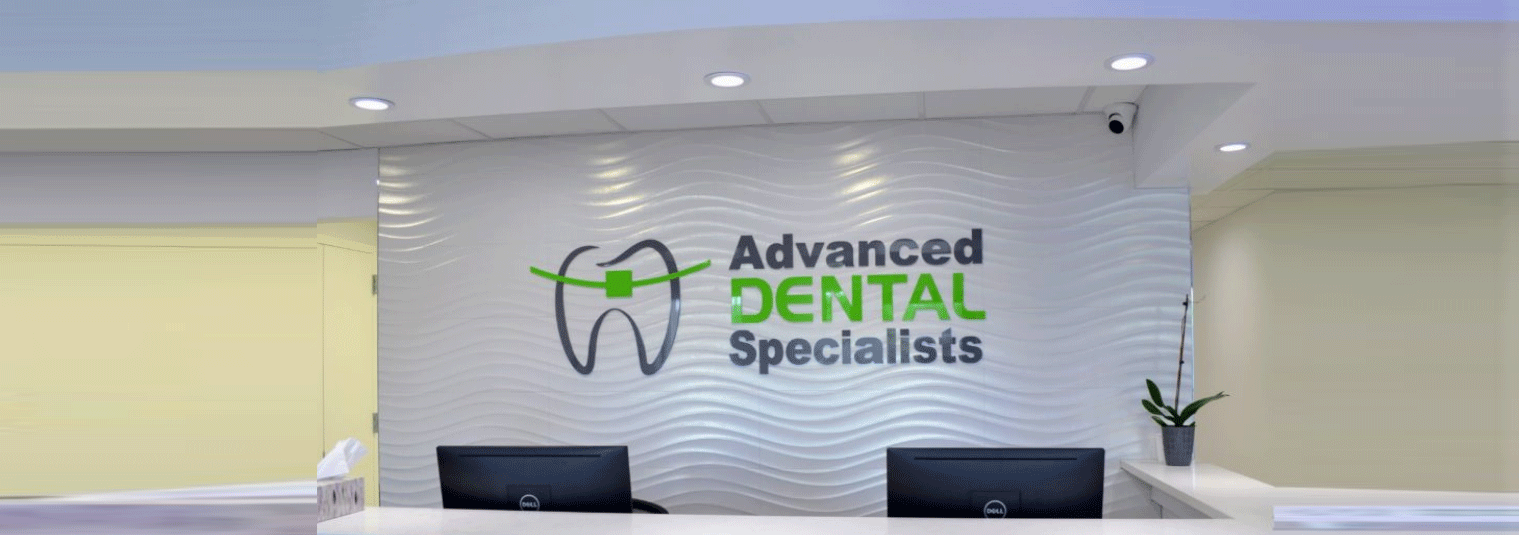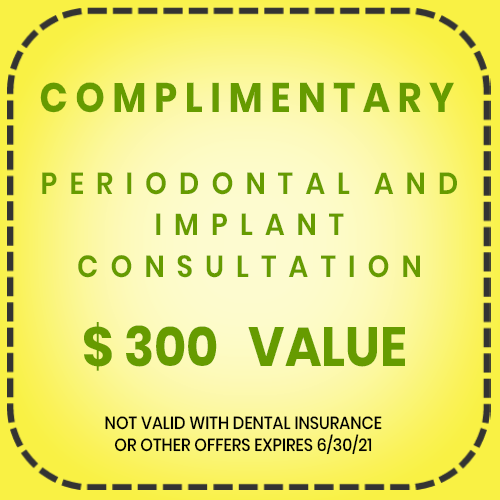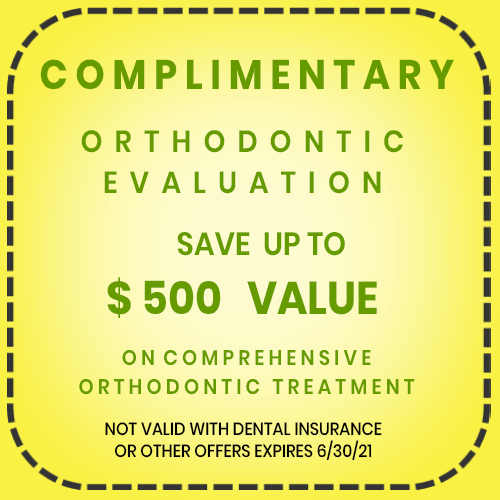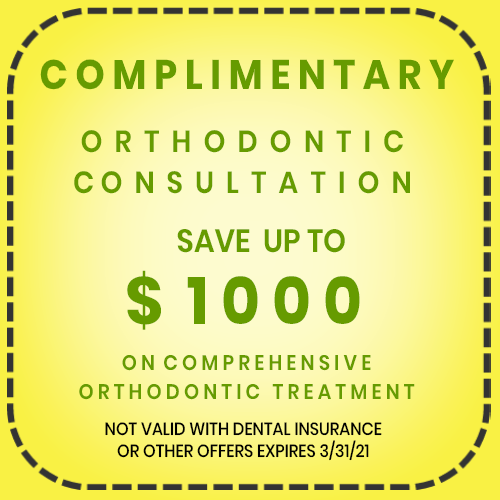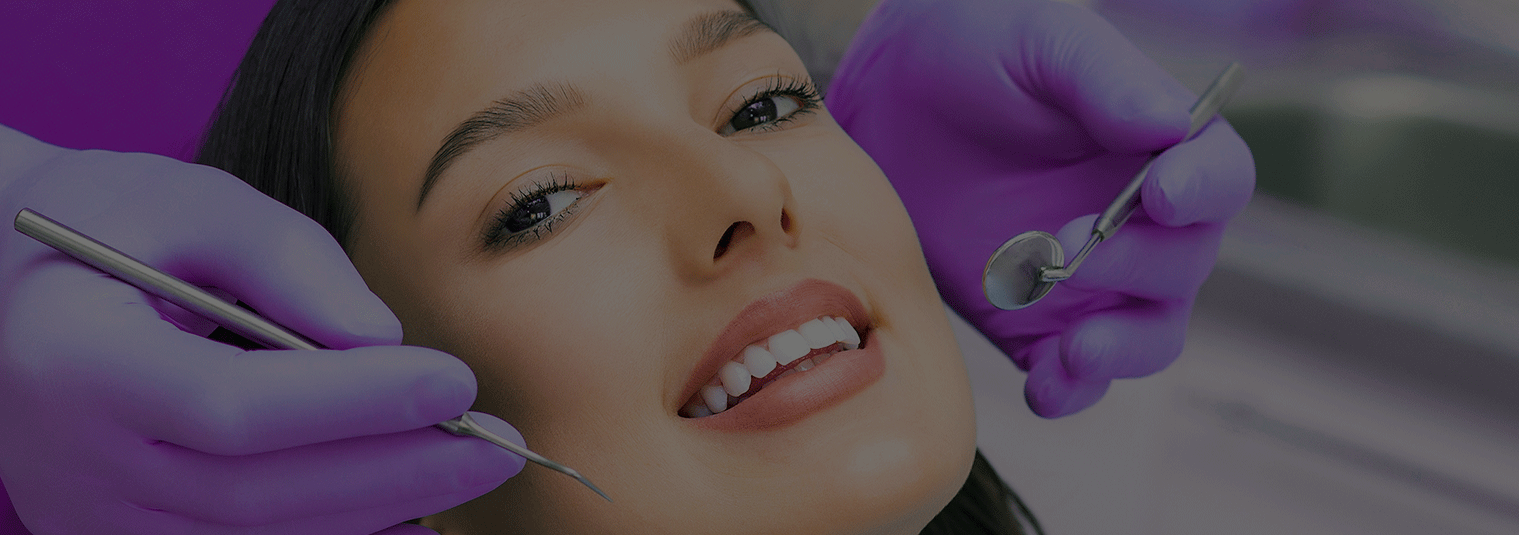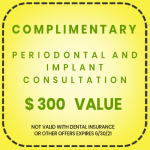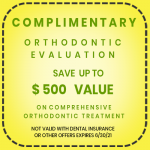Advanced and Hi-tech Dental Clinic in Berkeley Heights NJ

Our Dental Clinic is dedicated to providing the most up to date general, orthodontic and family dentistry. Our Clinic has grown to provide a world class facility for the treatment of tooth loss, dental cosmetics and advanced restorative dentistry.
We are among the most qualified implant providers in the USA with over 10 years of quality training and experience.
Our Services
Our Speciality Care

Orthodontics
Dr. Goel was admitted in the very exclusive Orthodontics and Periodontics dual specialty training program at the University Of Pennsylvania School Of Dental Medicine.

Emergency Dentistry
It is important to know what kinds of injuries require emergency dental care, so you can make sure that your family’s teeth are taken care of.

Periodontics
The branch of dentistry concerned with the structures surrounding and supporting the teeth.

Dental Implants
A dental implant is a small titanium screw secured in the jawbone that serves as the replacement for the root portion of a missing natural teeth.
Why Choose Us
Our Dental Clinic is dedicated to providing the most up to date general, orthodontic and family dentistry. Our Clinic has grown to provide a world class facility for the treatment of tooth loss, dental cosmetics and advanced restorative dentistry.
We are among the most qualified implant providers in the USA with over 10 years of quality training and experience.



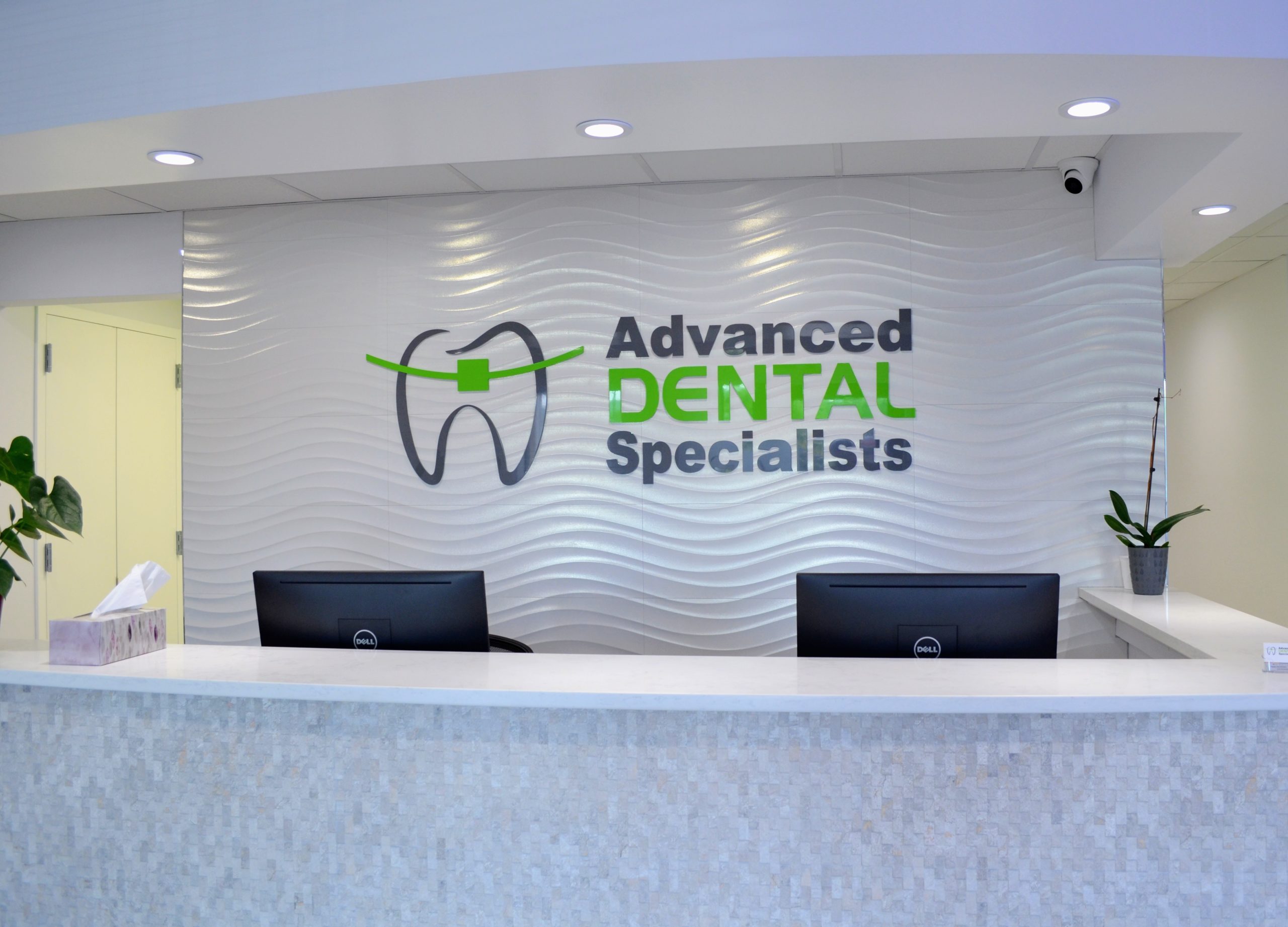
Happy Clients
Great doctor and a great guy to work with, understand what is needed for the patients and work well to get it done . Would recommend Dr Goel for all dental service!
Riyas A.
Very professional, his attention to detail is amazing! I love my smile it’s perfectly straight. I would highly recommend Dr. Goel to my close friends and family.
Jessica
I recommend all to see Dr. Goel. He was kind, patient, and very informative. I didn’t feel rushed as he took his time placing my braces on. I was able to understand how my braces treatment plan will be as my teeth begin to move into place. Looking forward to be able to have a confident smile! Highly recommended orthodontist.
Jennifer R.
Dr. Goel was very efficient, explained every detail of the procedure and was very thorough in his examination. A very positive experience.
David G.
Modern office with the best and latest equipment. Dr. Goel explains everything and answers all questions with patience. Highly recommend Advanced Dental specialists. It’s great that this office sees kids and adults.
EC &W
Dr, Goel is an excellent orthodontist. I am extremely happy with the service and definitely recommend him to my family and friends.
Vivek N.
Contact Us
-
Have a question? call us now
(908) 679-8551
-
Contact us by Email
DrGoel@ADSorthodontics.com
-
Hours of operation:
Monday : 8:00 AM - 5:00 PM
Tuesday : 10:00 AM - 7:00 PM
Wednesday: 8:00 AM - 5:00 PM
Thursday : 8:00 AM - 5:00 PM
Friday : 8:00 AM - 5:00 PM
Saturday : By Appointment
Sunday : Closed
Make an Appointment
FAQs
Many people do not see a dentist on a regular basis. They only go when they have a problem. This is known as “crisis treatment” versus “preventive treatment.” While these patients may feel they are saving money, it often ends up costing much more in dollars and time. This is because many dental problems do not have symptoms until they reach the advanced stages of the disease process. An example is tooth decay. It is typical to hear, “Nothing hurts… I don’t have any problems.”
Tooth decay often does not hurt until it gets close to the nerve of the tooth. It is not uncommon to see a patient with a huge cavity who has never felt a thing. The dentist can usually detect a cavity 3-4 years before it develops any symptoms. This early detection can help you prevent root canal treatment.
Flossing reduces the number of bacteria in your mouth. There are millions of these microscopic creatures feeding on food particles left on your teeth. These bacteria live in plaque which can be removed by flossing. Brushing your teeth gets rid of some of the bacteria in your mouth. Flossing gets rid of the bacteria the toothbrush can’t get to. That’s the bacteria hiding in the tiny spaces between your teeth. If you do not floss, you allow plaque to remain between your teeth. Eventually it hardens into tartar. Plaque can be removed by brushing. Only the dentist can remove tartar.
Ask your dentist to show you the proper way to floss. You will both notice the difference at the next cleaning appointment.
Always spend two to three minutes brushing your teeth. It takes that long to get rid of the bacteria that destroy tooth enamel. Do not brush too hard. It takes very little pressure to remove bacteria and plaque. Floss at least once a day. Flossing is the only way to get bacteria from between your teeth.
Watch the sugar you eat. There is sugar in candy, fruits, crackers and chips. These are the foods that the bacteria in your mouth like best. Be mindful of foods like raisins and peanut butter that stick to your teeth. They can provide a constant supply for the bacteria eating into your teeth. Try to minimize the times during the day when sweet items are eaten and brush your teeth afterwards.
If you cannot brush after a meal, rinse your mouth with water – which can help to remove food from your teeth. Chewing sugarless gum after a meal can also help. Chewing deskulates the flow of your saliva which acts as a natural plaque-fighting substance. And do not forget your regular dental visits. Good dental habits will go a long way toward a no-cavity visit.
Brush your teeth at least twice daily for two minutes each session, ideally in the morning and before bedtime.
Flossing should be done at least once daily to remove plaque and debris from between teeth and along the gumline, preventing the buildup of harmful bacteria that can lead to cavities and gum disease.
Tooth sensitivity can be caused by factors such as enamel erosion, receding gums, or exposed tooth roots. To alleviate sensitivity, use a desensitizing toothpaste containing potassium nitrate, which can help block pain signals from reaching the nerve endings in your teeth.
Avoiding acidic foods and drinks and practicing gentle brushing techniques can also help protect sensitive teeth. If sensitivity persists, consult your dentist for further evaluation and treatment options tailored to your needs.
Preventing cavities and gum disease requires a combination of good oral hygiene practices and regular dental check-ups. Brush your teeth twice daily with fluoride toothpaste, floss daily to remove plaque from between teeth, and rinse with an antimicrobial mouthwash to help reduce bacteria.
Additionally, maintain a balanced diet low in sugary foods and beverages, and avoid tobacco use, which can increase your risk of oral health problems. Visiting your dentist for professional cleanings and check-ups every six months allows for early detection and treatment of cavities and gum disease, helping to maintain your oral health and prevent complications.
Professional teeth whitening treatments performed by a qualified dentist are both safe and effective for most individuals. Using specialized whitening agents, such as hydrogen peroxide or carbamide peroxide, professional whitening procedures can effectively lift stains and discoloration from the surface of teeth, resulting in a brighter, more radiant smile. Before undergoing teeth whitening, your dentist will assess your oral health and discuss your cosmetic goals to determine if whitening is suitable for you.
While some individuals may experience temporary tooth sensitivity or gum irritation following whitening treatment, these side effects typically resolve on their own. By following your dentist’s instructions and maintaining good oral hygiene habits, you can enjoy long-lasting results and a whiter, more confident smile.
Bad breath, or halitosis, can be caused by various factors, including poor oral hygiene, dry mouth, and certain foods. To combat bad breath, practice good oral hygiene by brushing your teeth and tongue twice daily, flossing regularly, and using mouthwash.
Drinking plenty of water can also help keep your mouth hydrated and reduce odor-causing bacteria. If bad breath persists, consult your dentist to rule out any underlying dental issues.
